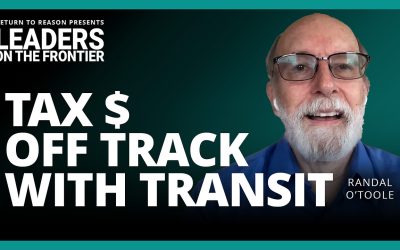With talk of private liquor sales outlets and “liberalizing” Crown corporations, the new Saskatchewan Liberal Party is preparing to stir up some old debates.
At a convention in Regina on the weekend which saw the former Saskatchewan Liberal Association split into separate provincial and federal organizations, delegates passed a policy resolution to press the province to reduce its role in the liquor business to wholesaler, not retailer.
“We’re going to be calling for the liberalization of liquor retailing, so it’s no longer a government function but that is handed over to the free market and the private sector,” the party’s provincial leader Ryan Bater told reporters.
Bater, whose leadership was ratified at the convention, sees the move as part of the revamped party’s new direction.
“I know people like to use the word left, right and call it right if you like, but it is definitely a strong free enterprise direction.”
While the Saskatchewan Party government has been treading carefully on the topic of privatizing Crown corporations, Bater wasn’t shy about his position despite the fact his party has no seats in the Saskatchewan Legislature.
“I see us going in the direction of evaluating the government’s role in our economy,” he said. “Where’s the government providing goods that are public goods and where are they intruding unnecessarily in the economy? So I do suspect we will be evaluating the role of a lot Crown corporations and a lot entities like that,” he said.
He added that he’s not prepared to make “sweeping statements” about privatizing the Crowns, but does believe in evaluating each on its merits and ability to provide goods and services.
“We don’t see liquor as a public good and we don’t think that should be a function of government and that’s why we’ve chosen to pass a resolution to that effect.”
Asked about Crown utilities like SaskEnergy and SaskPower, Bater replied, “you get into the area there of whether those would be considered public goods — make sure that everyone has access to power and energy, so that’s a little bit different. But that’s the principles on which we will evaluate these things.”
Pressed further about whether or not SaskPower would be privatized, Bater replied, “Would we be open to it? Absolutely. Yes. Yes we would.”
Bater said the party is not necessarily making a “right-wing shift” but is returning to “our traditional roots and our liberal philosophy.”
Come the start of April, Bater will be leading a new Liberal entity after all but three of about 40 people at the convention Saturday afternoon voted to create a separate Saskatchewan Liberal Party and Liberal Party of Canada in Saskatchewan. Bater said the split allows each group to target its efforts.
Evatt Merchant, who becomes president of the federal wing’s executive, said the Liberal Party of Canada in Saskatchewan can focus on getting Liberal leader Michael Ignatieff elected as prime minister and getting more Saskatchewan Liberal MPs in Ottawa.
He said the change also reflects shifting voting patterns.
“We’ve clung to one unitary party for a long time. But it’s just not realistic in today’s day and age in the way that voting patterns have evolved where people no longer feel beholden to vote for the same party both federally and provincially."


